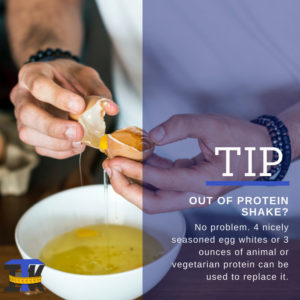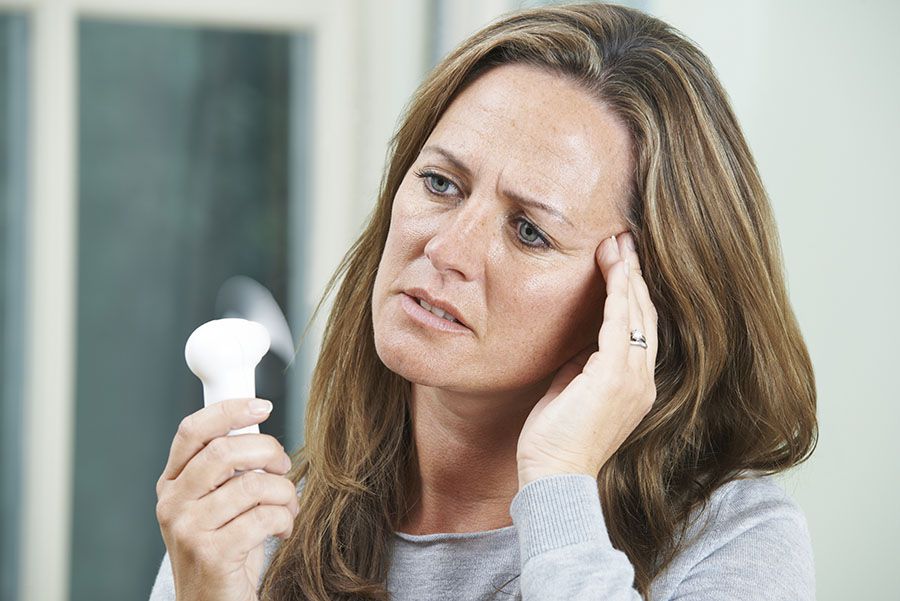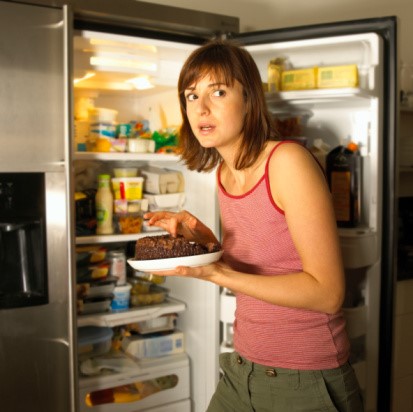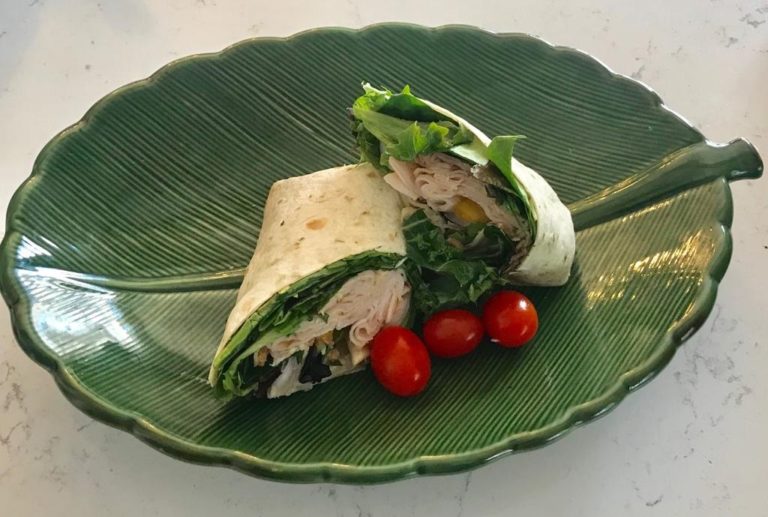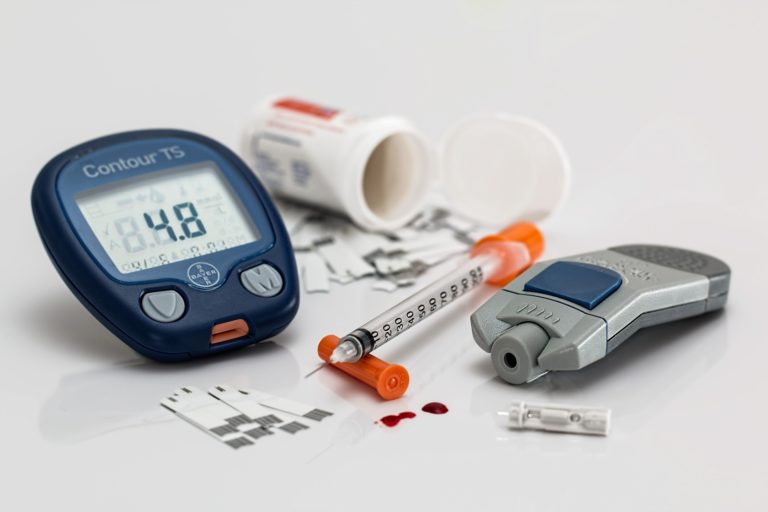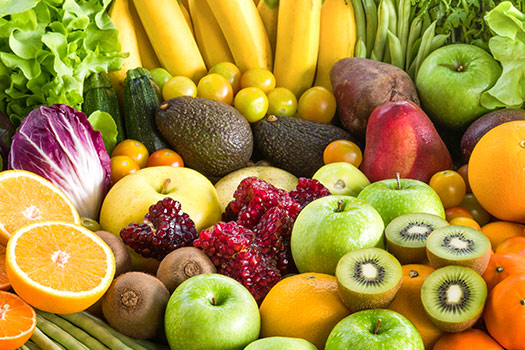CAN DIET HELP WITH MENOPAUSE?
BY: FITZ-GEORGE RATTRAY
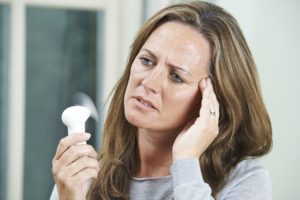
Woman Experiencing Hot Flush From MenopauseIf you are a conscious adult living on the planet earth there is a very strong likelihood that you, someone you know or someone you care about will be, or is, menopausal. Half of humanity will at some point experience menopause and, to some extent, it’s associated features.
Menopause is a part of the human female’s reproductive life and occurs when the ovaries no longer releases eggs every month and eventually menstruation stops (meno-pause). In the case of natural menopause this typically happens during forty-something and fifty-something years of age. There are other causes of menopause, when menopause occurs before 40.
Because the ovaries are also responsible for estrogen and progesterone production, in addition to the cessation of eggs being released, there are accompanying hormonal changes. These changes can result in some or all the following features:
- Fatigue
- Hot flushes/Hot flashes/Night sweats
- Disrupted sleep patterns
- Change in sex drive
- Headaches
- Mood changes
- Muscle and joint aches and pains
- Bladder control issues
- Vaginal dryness
- Elevated heart rate
Other long-term health issues have also been tied to menopause, such as, osteoporosis, heart disease, reduced skin elasticity, vision problems and reduced strength and muscle tone.
Not all women experience these menopausal features, but many will and do experience some or many and the severity can be described as mild, moderate or severe.
CAN DIET HELP WITH MENOPAUSE?
The short answer is yes. A study published in the journal of Menopause showed that the biggest reduction in menopausal symptoms was seen in women who experienced weight loss (from as little as 10 lbs.) on a healthy diet filed with vegetables, fruits and grains. The study looked at over 17,000 women, not on hormone therapy, who were ages 50 to 79. Although the causes were not completely understood the researchers believed that the loss of fat mass and perhaps the added fiber played an important role.
FOODS TO EMBRACE
Additionally, there has been some evidence that foods rich in phytoestrogens, plant-based compounds which may mimic the estrogen produced in our bodies, may alleviate or reduce the severity of symptoms. Foods known to be rich in phytoestrogens include:
- Tofu
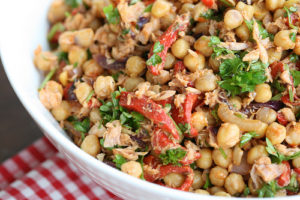
Chick Peas Salad - Soy products, soy proteins
- Rye bread
- Olive oil
- Cabbage, broccoli, Brussels sprouts
- Hummus/chickpeas
- Blueberries
- Green tea
- Avocado
- Beans and lentils
- Spices and herbs
Fatty fishes, leafy greens, other anti-inflammatory foods such as nuts, fruits, berries and tomatoes have also been reported to postpone the onset of menopausal symptoms.
FOODS TO AVOID
Naturally foods with inflammatory and weight triggering effects should be avoided, including:
- Refined carbohydrates (Flour products)
- Refined sugar (Sweetened beverages, sweetened foods)
- Alcohols
- Processed meats
- Some artificial sweeteners
- Fried foods
- Saturated fats (Typical Fast foods, Lard)
- Shortening
- Trans fats (Margarine, some creamers)
- Red meats
Vitamin D and calcium supplementation, outdoor activities and properly thought out exercises have also been useful. As usual, always speak with your physician.
Always remember, just because something seems to be a part of life for many doesn’t mean it has to be a part of life for you. Ordinary behaviors reap ordinary results, be extraordinary. There are so many healthy options that there’s no sane reason to risk, or worsen, suffering. As always with InteKai, chose Living Well, every time.
